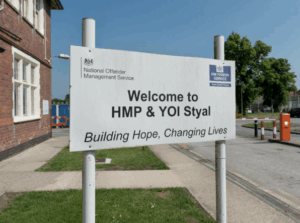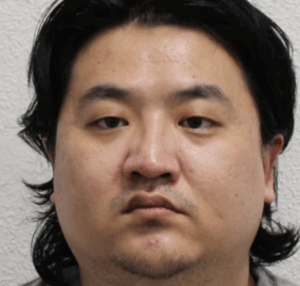In a shocking turn of events, the conviction of Sean Hogg, a 22-year-old man accused of raping a 13-year-old girl, has been overturned by the Scottish Courts and Tribunals Service. The case, which had previously sparked public outcry due to the lenient sentencing, has further intensified the ongoing discussions surrounding justice for sexual assault victims.
Hogg, who was 17 at the time of the alleged attacks that took place between March and June 2018 at Dalkeith Country Park in Midlothian, was initially spared jail and received a community payback order with 270 hours of unpaid work. This decision had raised concerns about the adequacy of sentencing guidelines for offenders under the age of 25.
Following the outcry, Scotland’s Lord Advocate, Dorothy Bain KC, instructed the Crown Office and Procurator Fiscal Service (COPFS) to appeal the sentence, citing the leniency of the initial ruling. At the Court of Criminal Appeal hearing in Edinburgh, Hogg’s defense team argued that the conviction should be overturned due to misdirection by the presiding judge, Lord Lake, regarding corroboration in the case.
During the proceedings, Solicitor General Ruth Charteris KC acknowledged that mistakes were made during the trial but contended that there was still sufficient evidence for Hogg to be convicted of rape on at least one occasion.
However, in a recent announcement, the Scottish Courts and Tribunals Service confirmed that the appeal against conviction has been upheld, leading to Hogg’s acquittal. Judge Lady Dorrian, presiding over the hearing, cited an “insufficiency of evidence” as the reason for overturning the conviction. The Crown has stated that they do not intend to seek a retrial, stating that it is not in the public interest to do so.
The decision has left many questioning the reliability of the criminal justice system in handling sexual assault cases. The experience of the victim and her family throughout this process has been undeniably difficult, and the Crown has offered to meet with them to provide support.
The case also highlights the ongoing reforms in Scotland’s sentencing guidelines, which aim to adopt a more “individualistic approach” that takes into account the perpetrator’s life experiences. These changes prioritise rehabilitation over punishment, with the goal of reducing reoffending rates.
As discussions continue surrounding this case, the Crown has expressed its commitment to learning from the experience and improving its approach to prosecuting sexual offences. The case serves as a reminder of the importance of ensuring justice while upholding the rights of both victims and defendants.
If you or someone you know has been affected by any of the issues mentioned in this article, support services such as Rape Crisis Scotland are available to provide guidance and support





































